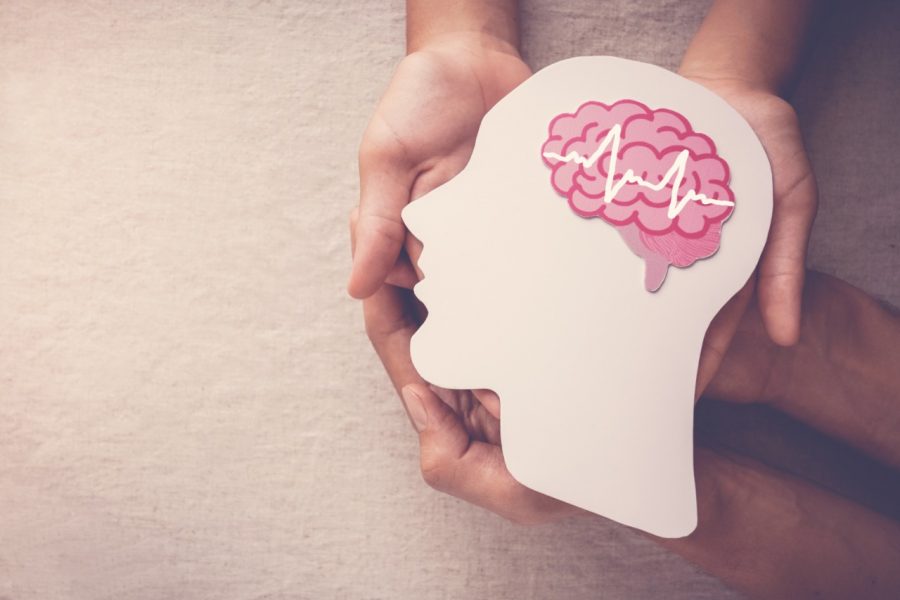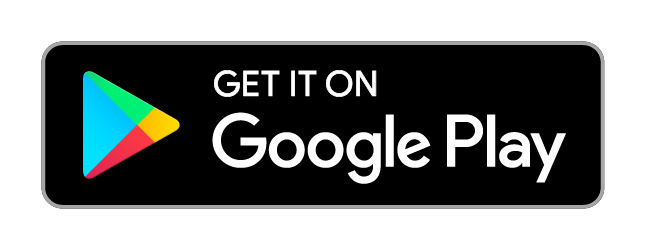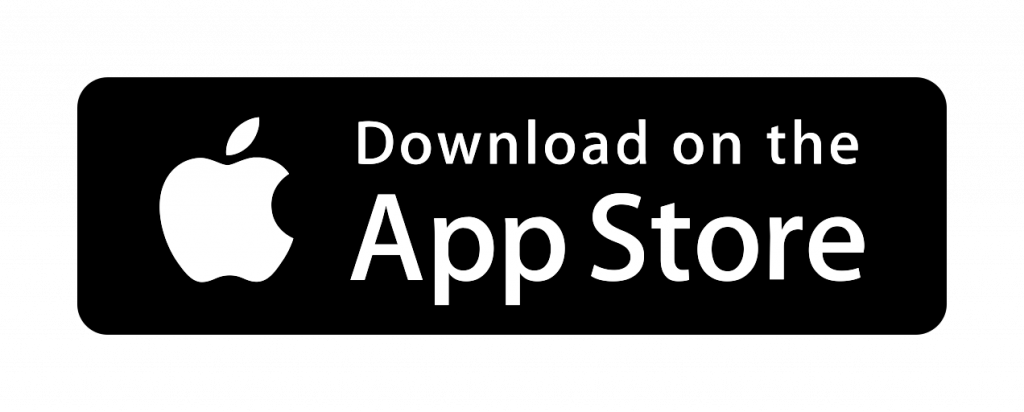Stroke happens when a part of your brain’s blood supply is interrupted or reduced, this will prevent brain tissue from getting enough nutrients and oxygen leading to death or brain cells.
Urgent medical attention and treatment is required as early action can reduce brain damage and other complications.
- What are the signs of stroke?
- Trouble speaking and understanding what people around you are saying.
- Sudden severe headache with dizziness, vomiting or altered consciousness.
- Sudden paralysis or numbness on one side of the face, arm or leg.
- Stumbling or losing your balance while walking or loss of coordination.
- Sudden blurred, blackened or double vision in one or both eyes.
If you face any of those symptoms seek immediate medical attention and call 999!
- What are the risk factors that can cause or increase the chance of getting stroke?
| Lifestyle risk factors | Medical risk factors | Other risk factors |
| 1. Being overweight or obese. 2. Physical inactivity. 3. Heavy drinking. 4. illegal drugs such as cocaine and methamphetamine. |
1. High blood pressure. 2. Cigarette smoking or secondhand smoke exposure. 3. High cholesterol. 4. Diabetes. 5. Obstructive sleep apnea. 6. Cardiovascular disease, including heart failure. 7. Family history of stroke, heart attack or transient ischemic attack. 8. COVID-19 infection. |
1. Age: People age 55 or older have a higher risk of stroke. 2. Gender: Men have a higher risk of stroke than women, however, women are usually older when they have strokes, and they’re more likely to die of strokes than are men. 3. Hormones: Use of birth control pills or hormone therapies that include estrogen increases risk. |
- How can I prevent stroke?
- Control your high blood pressure (hypertension) and this is the most IMPORTANT thing to do.
- Lowering the amount of cholesterol and saturated fat in your diet.
- Quitting tobacco use.
- Managing diabetes.
- Maintaining a healthy weight.
- Eating a diet rich in fruits and vegetables.
- Exercising regularly.
- Drinking alcohol in moderation, if at all.
- Avoiding illegal drugs.
- 15 types of food that will make your hypertension worse
- Processed foods such as lunch meats, sausage, bacon, and ham.
- Canned soups, bouillon, dried soup mixes.
- Deli meats.
- Condiments (catsup, soy sauce).
- Regular salad dressings.
- Frozen and boxed mixes for potatoes, rice, and pasta.
- Snack foods (pretzels, popcorn, peanuts, chips).
- Pickled or marinated food in brine. (Vinegar- and lemon juice-based marinades are ok.)
- Butter and margarine.
- Fatty meats.
- Whole milk dairy products.
- Fried foods.
- Salted snacks.
- Canned soups.
- Fast foods.
- Foods that help you in boosting your stroke recovery
- flaxseeds
- Salmon
- Blueberries
- Pomegranate
- Tomatoes
- Nuts and seeds
- Avocados
- Beans
- Green, leafy vegetables and all other vegetables
- Foods that should be avoided in heart disease
You should avoid high-fat and high-sodium foods like:
- butter
- gravy
- non-dairy creamers
- fried foods
- processed meats
- pastries
- certain cuts of meat
- junk foods, like potato chips, cookies, pies, and ice cream
- condiments like mayonnaise and ketchup
- table salt
- packaged meals
- restaurant menu items
- hypertension and exercise
generally, there are 3 types of basic exercise:
- Cardiovascular / aerobic exercise: it can help you in lowering and controlling your blood pressure and make your heart stronger. For example; cycling (indoor/outdoor), jumping, jogging, skating, swimming, water aerobics, etc.
- Strength training: you build strong muscles that help you in burning calories throughout the day and it’s good for your joints and bones
- Stretching: it helps prevent injury, move better and make you more flexible.
Being active is the best gift you can give to your body to help in controlling your blood pressure. Make sure to discuss your health condition with your doctor to know if you’ve any limitations.
Your body might take a while before it gets used to it and it’s normal.
If you felt that you are very short of breath or you feel like your heart is beating too fast or irregularly then you should slow down or rest.
Stop exercising immediately if you feel weakness, dizziness, chest pain, light-headed, pain in your arm, jaw, neck or shoulder and seek medical help immediately.






